Four of Macalester College’s core values are internationalism, academic excellence, multiculturalism and service to society. Those four principles permeate everything about the college, from how classes are taught to how students approach the outside world. Unsurprisingly, they influence something else which plays a very large role in the lives of many Macalester students: intercollegiate athletics.
Nearly 15 percent of Macalester students are from countries other than the US; 66 nations are represented on campus. Unsurprisingly for a diverse school, there are a number of international student-athletes. While not all sports have international representation — partially due to the fact that sports like football and basketball are not played as widely around the world as they are in the United States — there are 11 international student-athletes from 11 different countries representing Macalester varsity athletics. Whatever sport they find themselves playing, they face a unique set of circumstances: having to adapt to living and studying in college, learning about another culture, blending into a team and understanding the nuances that make athletics here different than wherever each individual student is coming from.
Adding nuance to the different experiences international student-athletes go through is that they chose Macalester in a variety of ways. Theon Masters ’18 and Jake Burke ’18, who are teammates on the Men’s Soccer team and plan to live together next year, offer a perfect illustration. When Masters decided to leave his native Jamaica for Macalester, it was after consulting with a college counselor and taking a number of entrance exams. For his part, Burke is from Ireland, grew up in the United Arab Emirates and went to high school at Shattuck-St. Mary’s, only an hour away from Macalester. He learned about the school from his coach.
Both began playing soccer in school when they were young and fell in love with the sport, even though one was in the Middle East and the other in the Caribbean. “[I’ve been playing] probably since I was like six or seven,” Burke said. “I grew up in Dubai in the United Arab Emirates and started playing there in PE class and at lunch break, and after a while I started really enjoying it and started getting involved in club activities. I ended up coming to boarding school in the states through my soccer coach who knew a coach here. The education wasn’t that great, where I was in Dubai, so to get a better education I came here. Then through boarding school I found out about Macalester and came here.”
His soon-to-be housemate began playing soccer when he was around seven or eight. Like many young Jamaicans, Masters grew up running track and playing soccer, but eventually found that the beautiful game was the sport he most wanted to play.
“I did track when I was in grade one but a lot of my friends played soccer — soccer is really big in Jamaica, but of course we call it football there — but one day I went and everyone was practicing playing [soccer] and I wanted to see what it was like,” he said. “It starts from not just juggling a ball, but at lunchtime kicking around plastic bottles or someone bringing a tennis ball. Someone would set up goals with their backpack or two concrete blocks and we’d play at break time. It started [getting organized] in grade four, that was the first time I went out for the team for my prep school and that was when I stopped really doing track as seriously because I liked soccer a lot.”
While Burke and Masters began playing in school, different countries develop young athletic talent differently. Throughout Europe, most young athletes with aspirations of improving do not play primarily for a school team but rather at a private club, where they honed their skills and compete for themselves and their club. Often, young players begin playing for their local club before looking to move on once their talent dictates a more suitable environment. That is exactly the path which #1 singles player Joshua Doyle ’18 followed growing up playing tennis in Cologne, Germany before coming to Macalester and adapting to a completely different set-up.
“Playing here is a different environment. Obviously, you’re representing your school, which adds a cool atmosphere where you’re proud to be there in the introductions and you’re proud to be out there representing Macalester against other schools from the Midwest, or from the country,” Doyle said. “That’s a cool new element to the sports here. The team dynamic is very unique in the states. Generally there’s a lot of focus on the culture of sports, but especially team sports play such a pivotal role in the national feel and it’s fun to be a part of that. Back home, it’s a lot more individual. All the sports are organized in clubs, so the club I played for was the club I was closest to, and I represented them from the junior teams all the way up to the men’s teams, and I stayed there most of my life. Besides that, you’d play individual tournaments during the summer.”
Most international student-athletes who come to Macalester are drawn primarily by the academics, with the ability to play sports at the same time as a bonus. Yet, Macalester also draws people who have never played competitive sports before and decide that they would like to try them. That is the story of Elizabete Romanovska ’19, who is from Riga, Latvia, attended high school in three countries and considered going to college in Asia before opting to attend Macalester. Once she came to the Twin Cities, she decided to run cross country.
“I had never done competitive sports before Macalester,” Romanovska said. “I loved to run and be active. I surfed, snowboarded, hiked and climbed mountains, but I had never been seen as an athlete. At home, I was told that I couldn’t do competitive sports because it is not feminine. I came here and Coach Betsy [Emerson] was wonderful and let me join the cross country team. Without her and my teammates it would not have been possible for me to join the team. [Joining] was extremely difficult. I think the hardest part for me was to be part of the team. I am not good at being part of a team and I got very sick a year ago, so I had to miss a lot of team activities. I can’t thank my coach and team enough for never giving up on me. They always make sure that I feel welcomed and it definitely has helped me to be more open with them and feel more comfortable.”
While adapting to a team can pose its own challenges, another thing which international student-athletes grapple with are the changes in sporting rules in the United States versus other countries, which significantly affected Marie Crane ’20, from Tunisia.
“A big difference between swimming at home and swimming here is that pools are in yards here but in meters in Tunisia. 25-yard pools are a bit shorter than 25-meter pools so my times are faster here,” Crane said.
International students also notice the role which sports play in American culture and everyday life. That stuck out immediately to Raza Khalid ’20, who came to Macalester from Pakistan. Khalid noted that the promotion of sports here is incredibly different than it is back home, and that the importance placed on athletics is a nice change.
“I have seen this sport promoted to a far greater extent here in the States, so much so that it truly seems like part of the culture,” Khalid said. “Back home, on the other hand, I have seen far less promotion of sports, and swimming in particular, giving swimmers less opportunities that allow someone to advance in the sport.”
One thing which appears universally beloved by international student-athletes is the team atmosphere that sports at Macalester provide. They offer the opportunity to win and lose, improve and struggle together. At the same time, they also provide help assimilating to life in the United States, which develops a unique bond between a player and their teammates. That was noted by everyone interviewed by this piece, particularly Masters.
“When I came here, the soccer team really helped me to assimilate into American culture. A lot of the guys, some of them have graduated, really taught me about how I should behave in different situations, and I really liked that about the soccer team and sports teams in general,” Masters said.
While international students don’t make up as large of a proportion of student-athletes as they do within the student body, sports teams at Macalester play a unique role in helping them to adjust to living in Minnesota and the United States. Hopefully as time goes on, that continues.

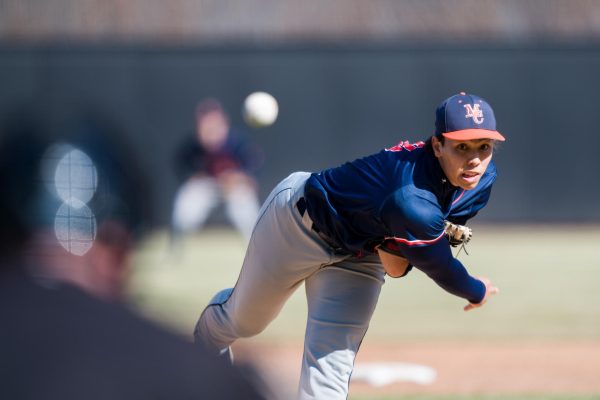

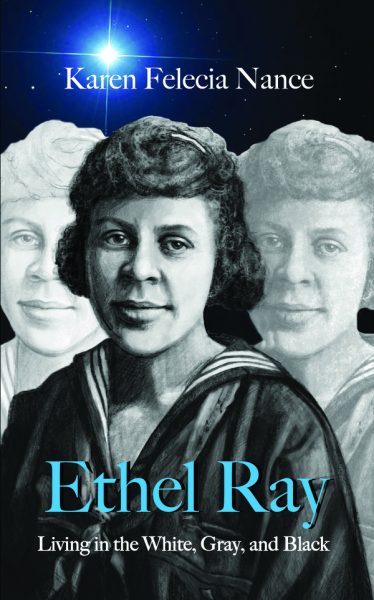
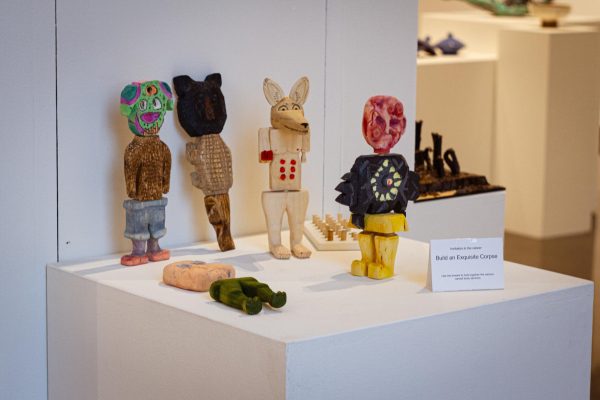
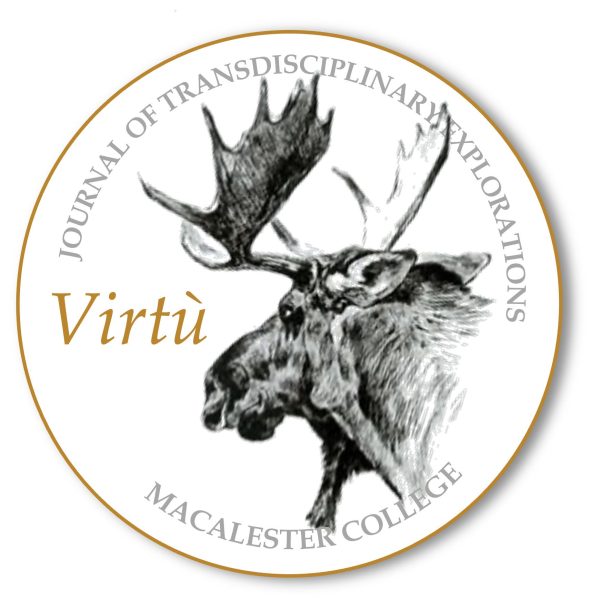
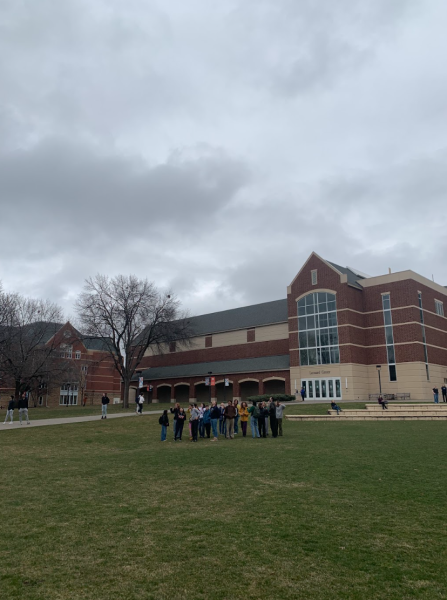

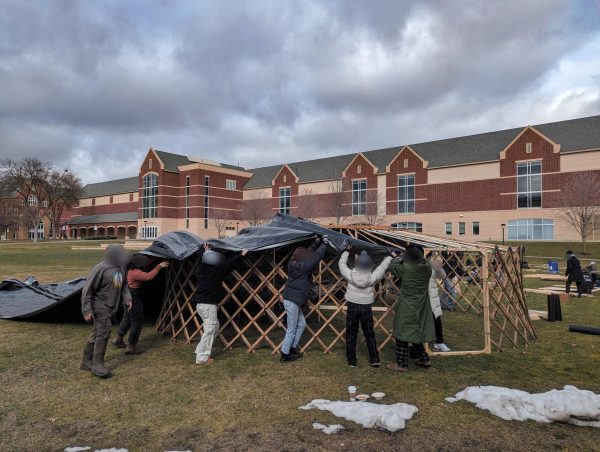




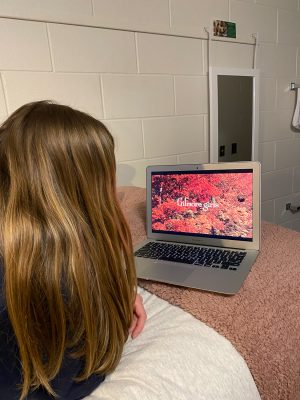
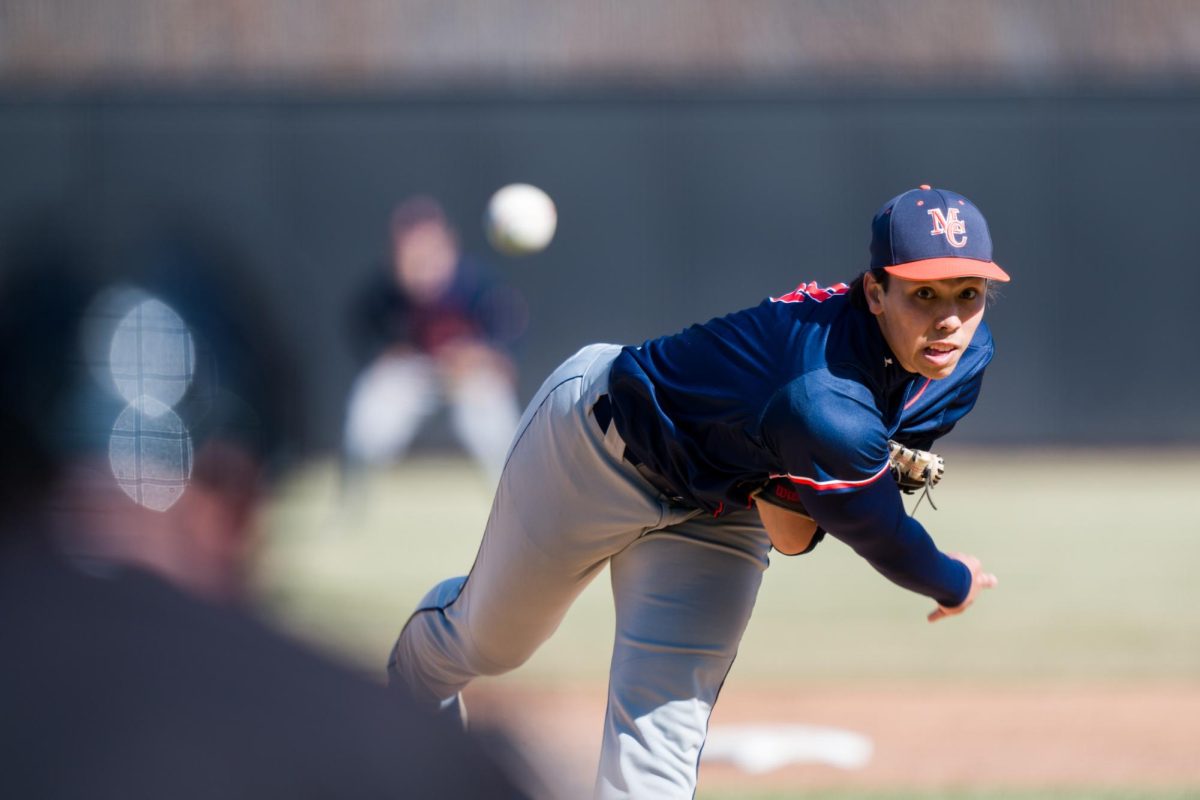
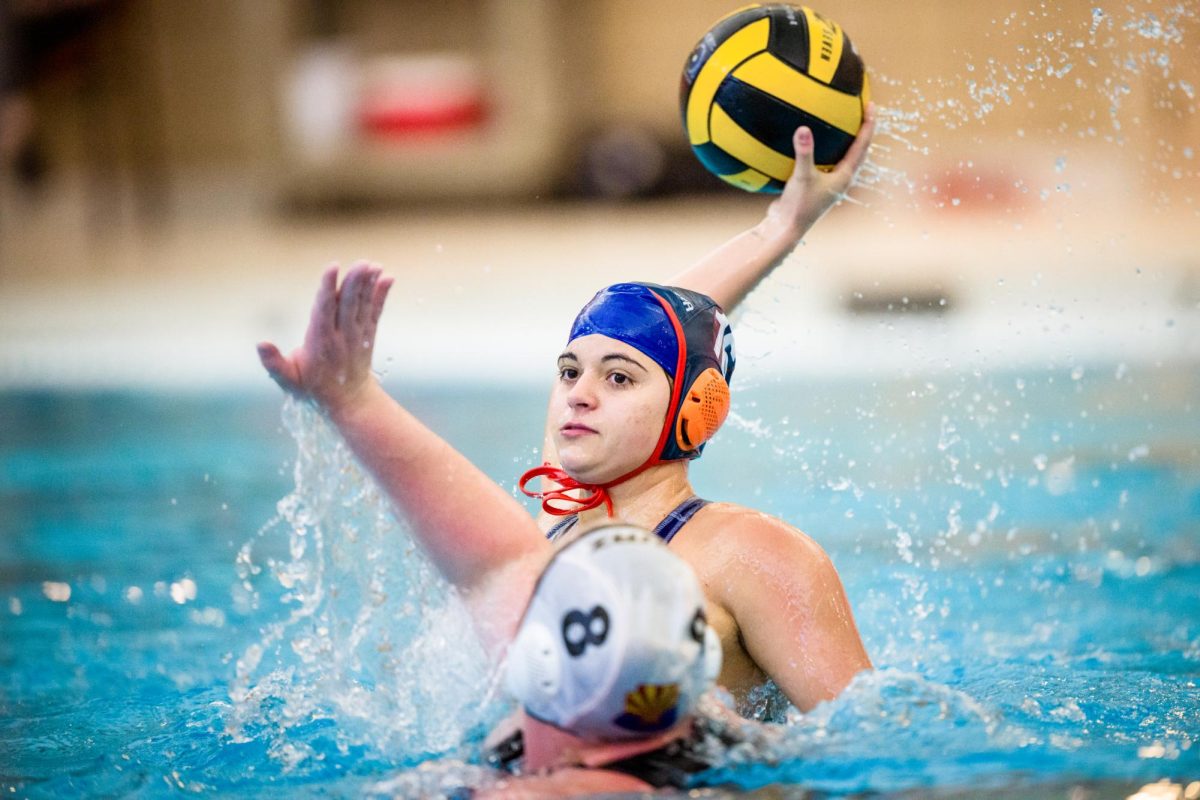

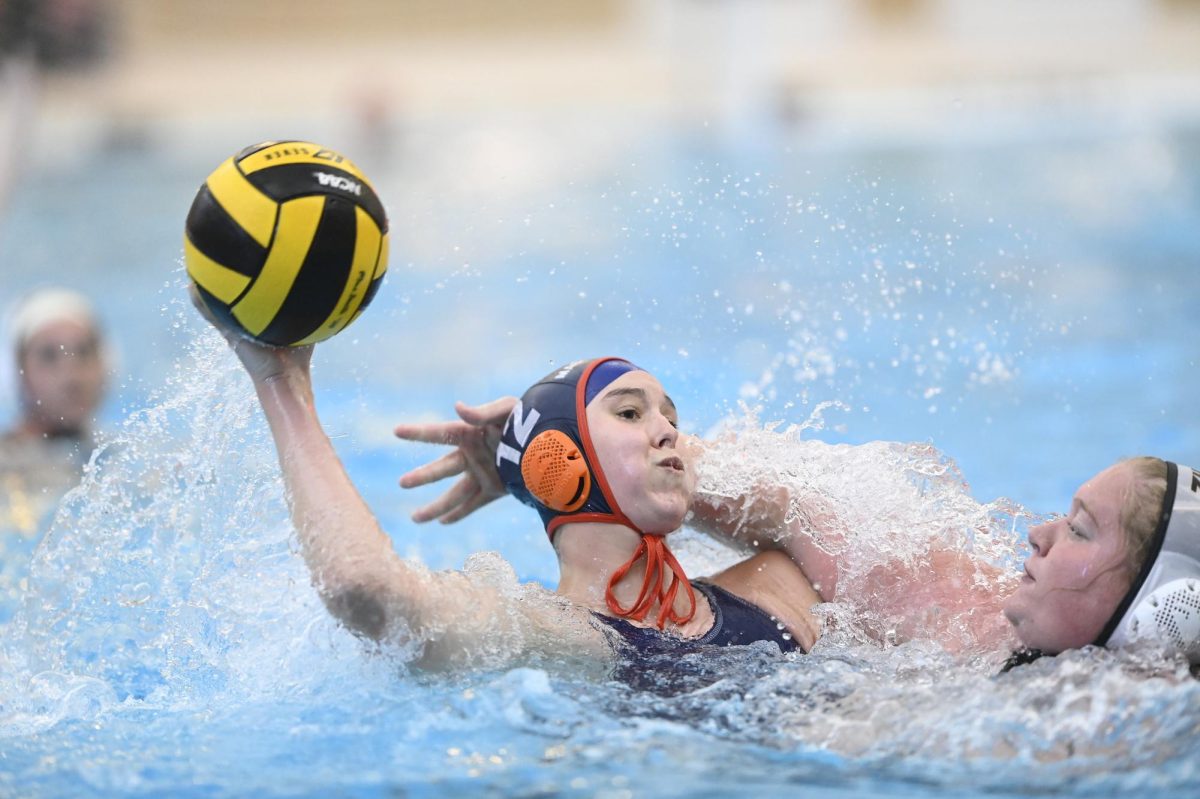
Kevin Metcalfe • Sep 11, 2019 at 8:58 am
Rattling fantastic information can be found on web blog.
Sebastian Baker • Sep 10, 2019 at 3:46 am
It is really a great and useful piece of information. I am happy that you shared this useful information with us. Please keep us up to date like this. Thank you for sharing.
Dylan Duncan • Sep 5, 2019 at 7:29 am
Amazing video, in fact a fastidious quality, this YouTube video touched me a lot in terms of quality.